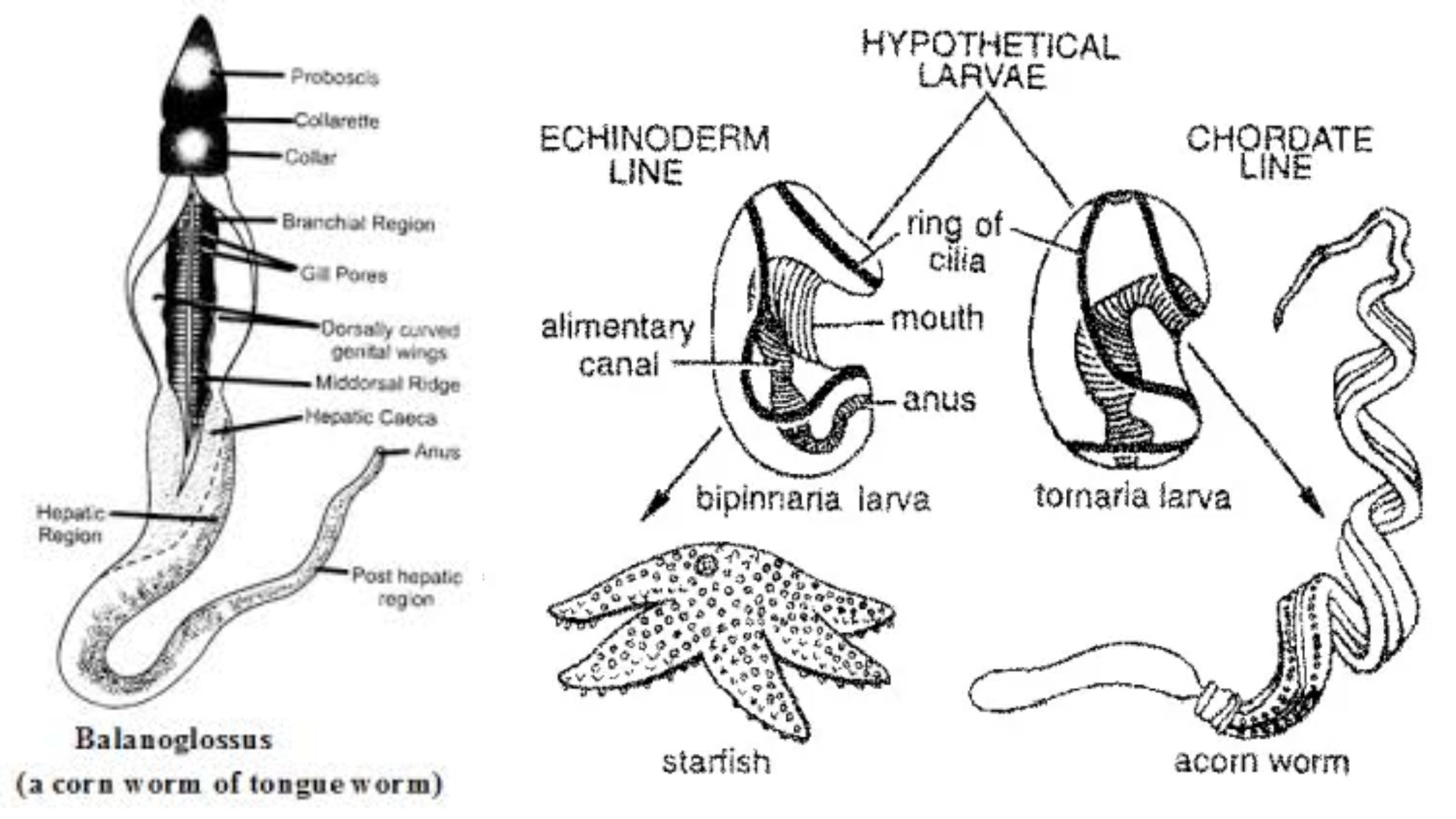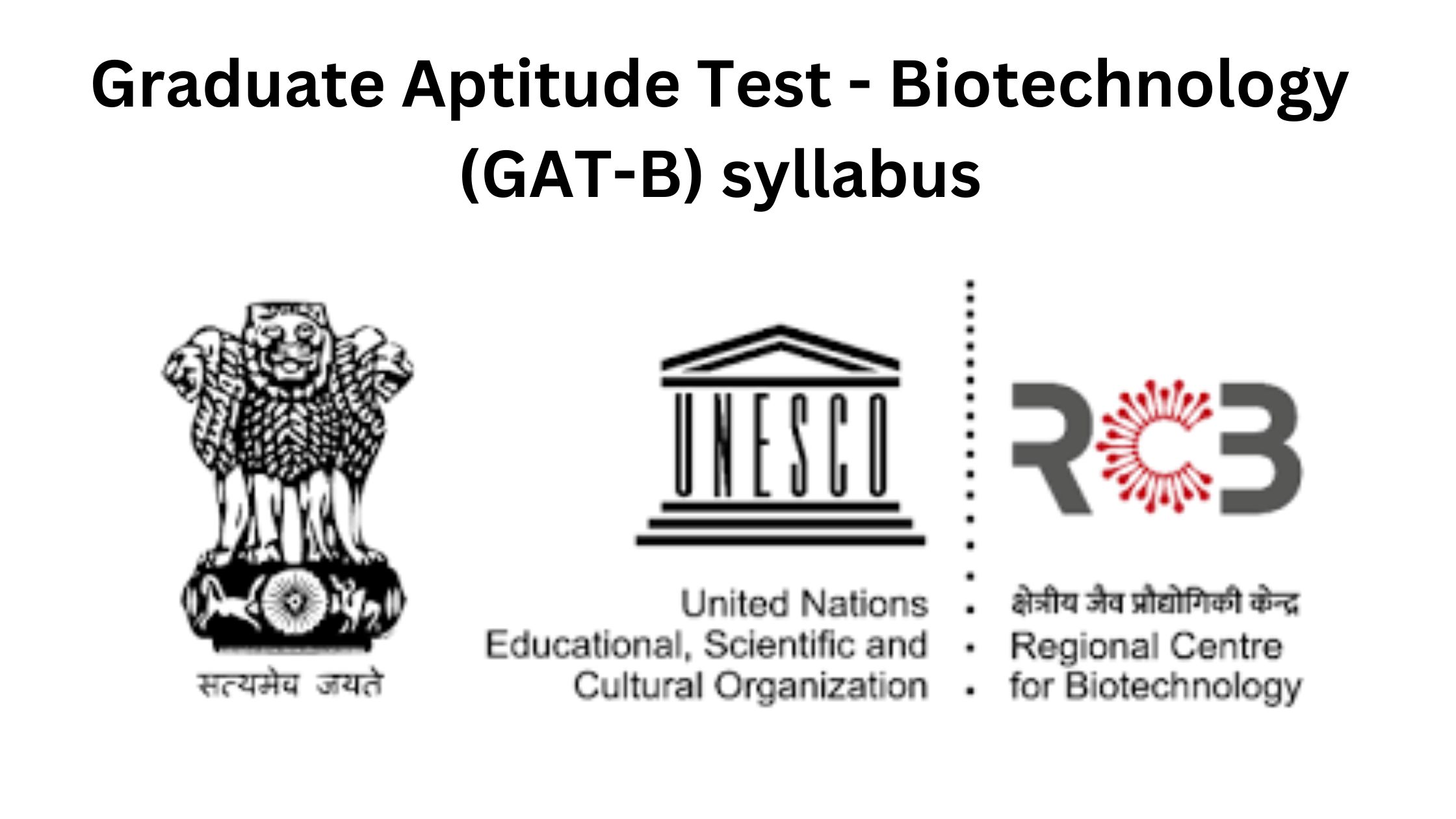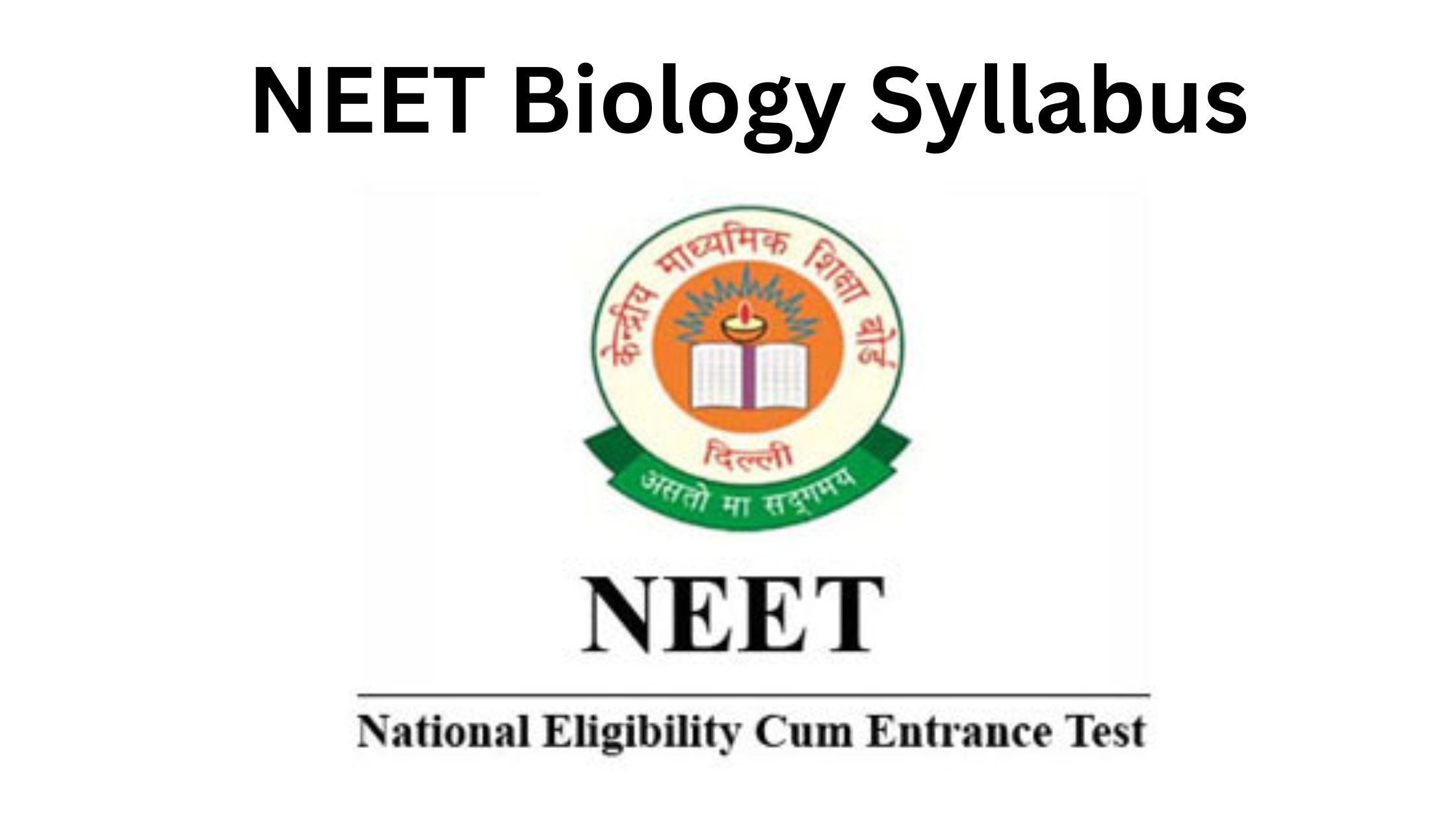Origin of Tetrapods (Amphibia)
Tetrapoda: Evolution from Fish to Land-Dwelling Vertebrates Tetrapods are a group of vertebrates that includes amphibians, reptiles, birds, and mammals. The first tetrapods evolved during the Devonian period from crossopterygian fishes, which were adapted to shallow, marshy environments. These fishes already possessed some features that made their transition to land possible. The transition from aquatic … Read more









